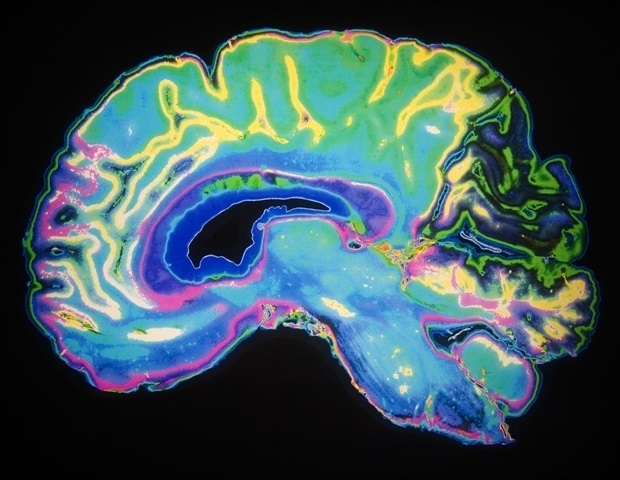Using cutting edge molecular techniques in rodent models, researchers are dissecting the neurobiological mechanisms impacted by early life adversity. The findings were presented at Neuroscience 2022, the annual meeting of the Society for Neuroscience and the world's largest source of emerging news about brain science and health.
Childhood adversity, such as abuse, neglect, poverty, lack of housing, or parental loss, can have a lifetime impact on the brain and behavior. Evidence suggests that early life adversity plays an important role in shaping brain development and is associated with abnormalities of several neurobiological systems. Adults with more adverse experiences in early childhood are more likely to have health problems including depression and anxiety; in fact, childhood adversity has been estimated to account for 28% of the risk for later-onset psychiatric disorders. With advances in molecular techniques, neuroscientists are using rodent studies to understand the brain cells and circuits underlying the links between early life adversity, brain development, and later-onset psychiatric disorders.
Neuroscience eBook

Today's new findings show that:
- Sex differences in anxiety disorders may be mediated by changes in the neuropeptide corticotrophin-releasing factor, which is released in response to stress. (Camila Demaestri, New York State Psychiatric Institute)
- A novel connection between a brain area associated with reward and another brain area associated with stress responses may mediate the effects of early life adversity on motivated behavior. (Tallie Z. Baram, University of California, Irvine)
- Stress during puberty results in increased sensitivity to limited resources during pregnancy, and the combination of stresses has a negative impact on maternal behavior and offspring health outcomes (Kathleen E. Morrison, West Virginia University)
- Ketamine has sex-specific effects on behavioral responses to emotional vocalizations in rats that have experienced early life adversity (Jennifer A. Honeycutt, Bowdoin College)
"It is known from epidemiological and clinical work that early life adversity is a major risk factor for psychiatric disorders, and neuroscientists are now figuring out why this is at the level of specific neural circuits," says Mar Sanchez, a professor at Emory University School of Medicine who studies the effects of early environment on the development of neural circuits controlling stress physiology and emotion regulation. "Importantly for the relevance to humans, the research presented today also focuses on the neurobiological mechanisms that lead to sex-specific effects of early life adversity."
This research was supported by national funding agencies including the National Institutes of Health and private funding organizations. Find out more about early life adversity and the brain on BrainFacts.org.
Society for Neuroscience
Posted in: Child Health News | Cell Biology | Genomics
Tags: Alcohol, Amygdala, Anxiety, Brain, Cell, Cortex, Depression, Drug Abuse, Gene, Gene Expression, Hormone, Hypothalamus, Ketamine, Medicine, Mental Health, Neurons, Neuroscience, Physiology, Poverty, Pregnancy, Puberty, Research, Stress
Source: Read Full Article
